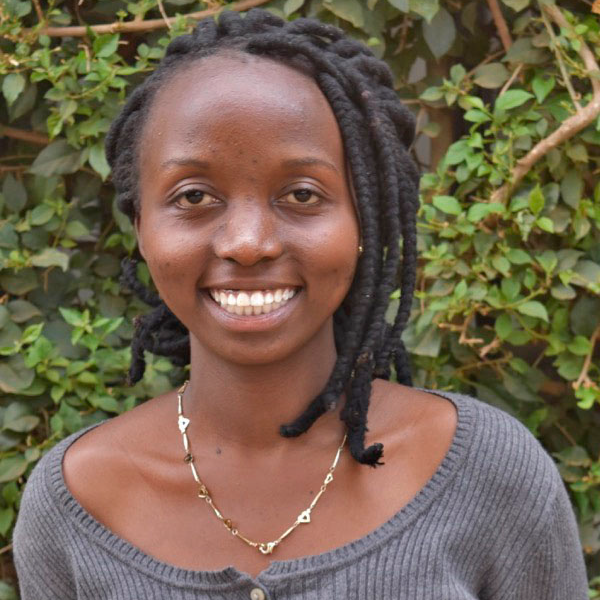by Martine Irakoze
The pandemic has proven that women leaders and health workers are managing these stressful situations better than the typical ‘strongmen’. At home, mothers are also holding families together while juggling online work, home-school, or businesses. Surely, behind these strong and successful women, there is a substantial amount of coffee. To inspire strength to fellow female entrepreneurs, this article will talk about an industry reputed to be strong and tough: coffee.
Edinburgh is a heaven for coffee lovers. The city overflows with coffee shops, all scenting a different flavour from all over the world. On one rainy day, I stumbled on a gem: a coffee shop serving Burundian coffee. As a Burundian, I was so excited that I started to research about NorthStar Roast Company, the company provider of the Burundian coffee. I was determined to uncover the stories of the Burundian coffee entrepreneurs. Pictures of coffee cooperatives on the internet showed women working in coffee farms. However, something told me that these images did not tell all the realities. Are these women the real owners of these farms? Are they getting the financial merits for their work? Are we missing an opportunity to highlight and support female coffee entrepreneurs?
I found some answers from an interview with Diane Nsengiyumva, one of the Coffee Lionesses in Burundi:
“Nsengiyumva Diane is a Burundian woman, mothers of two, living in Burundi with her family. After her studies at the University of Florence, she worked for a coffee lab in Italy where she gained more experience in the coffee industry. When she returned to Burundi, she immediately knew that she wanted to continue this path and increase coffee consumption in Burundi. Diane then started Shamba Coffee, which is 100% Arabica and carefully picked by the best coffee producers in Kayanza. Shamba Coffee values fair trade and environmental protection from the coffee industry through ecological and natural processes.
As a success, through a partnership with Pascucci, an Italian coffee company, Diane was able to start a wash station and begin exporting coffee as raw material. In terms of challenges, she would love to level her company to the international level through a recognizable coffee brand.
In terms of gender, Diane confirms that coffee commercialization is a male-dominated industry. This is not fair because women do not generally make financial profits off the hard work they put in the farms because men take charge of the money. To solve this, Diane provides opportunities to new Burundian female generations who want to enter this sector. There, she encourages all women entrepreneurs to be resilient and seek training.”
In conclusion, from Diane’s insights, the article would like to call for more investment in female coffee entrepreneurship:
Encourage women to step up in leadership positions in the coffee supply chain and commercialization through platforms to share experiences and build a supportive network.
Make sure that the entrepreneurs are equipped with the right knowledge and materials needed to stand out on the international coffee markets. Many do not have access to washing stations and knowledge of international standards. This can be done through training and financial investment.
Buy coffee from these businesses.
Remember, behind strong and successful women there is a substantial amount of coffee. A Burundian coffee? Here are Shamba Coffee contact details:
Website: www.shambakahawa.com
Company contact number: +257 72 02 14 07
Email: info@shambakahawa.com
Martine Irakoze is a Burundian student at the University of Edinburgh in International Relations & International Law. She is a serial entrepreneur, passionate about African youth empowerment. One of her favourite activities in Burundi is to walk around the streets of the slums, where it is common to see young people sitting inactive and unemployed. This sight fuels her drive to break this cycle of wasted youth potential. She envisions an Africa where every young person has the opportunity to fulfil their full potential. She believes that, by investing in young people and involving them in the development of their communities, we are not only rising nations but a whole continent. At university, Martine co-founded Linda, which is a student-led social enterprise aiming to spark conversations around sexual health related issues affecting young people in Kenya and Africa. She was also awarded the Resolution Fellowship and the MasterCard Scholarship at the University of Edinburgh.
More articles by Martine







